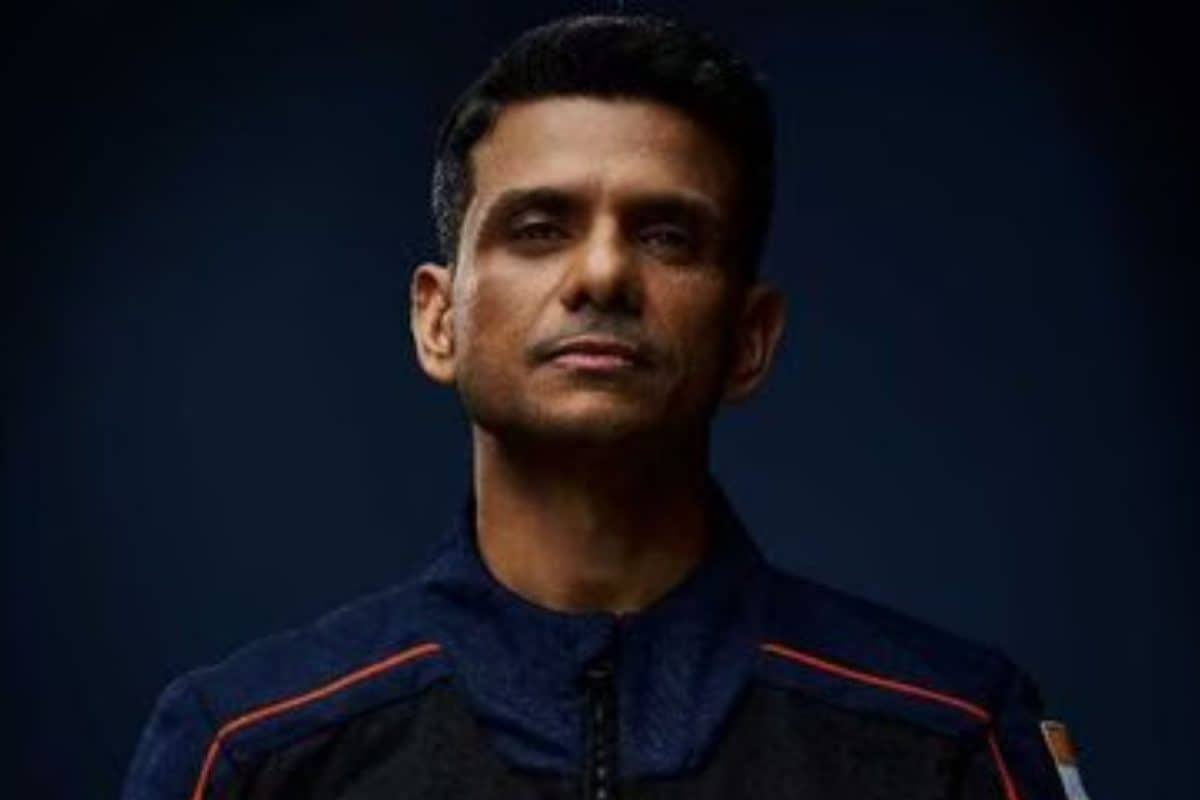

The successful launch of the Axiom-4 mission, carrying Indian Air Force Group Captain Shubhanshu Shukla to the International Space Station (ISS), marks a pivotal moment for India's space program. This mission is not just a personal triumph for Shukla, who becomes only the second Indian to journey into space and the first to visit the ISS, but also a powerful symbol of India's growing capabilities and its emergence as an equal partner in global space exploration.
Union Minister Jitendra Singh has hailed Shukla's voyage as a "vindication" of the vision of the founding fathers of the Indian space program, such as Vikram Sarabhai and Satish Dhawan. He emphasized that India is no longer merely a follower but an active and equal collaborator in space endeavors. This sentiment reflects the significant strides India has made in space technology and its increasing contributions to international missions.
Shukla's participation in the Axiom-4 mission is particularly significant as it directly supports the Indian Space Research Organisation's (ISRO) ambitious human spaceflight plans, including the Gaganyaan mission, targeted for launch by 2027, and the establishment of the Bharatiya Antariksh Station (BAS) by 2035. As part of the Axiom-4 mission, Shukla will be conducting seven microgravity experiments designed by Indian scientists. These experiments span various fields, including biology, food production, medicine, and mental health. Notably, these experiments include research on growing Indian superfoods like moong and methi in zero gravity and studying the behavior of microbes in space. These investigations could have significant implications for long-duration space travel and sustainable space habitation.
Born in Lucknow, Uttar Pradesh, on October 10, 1985, Shubhanshu Shukla's journey to space is an inspiring story of dedication and perseverance. He was commissioned into the IAF fighter wing in June 2006 and has accumulated over 2,000 hours of flying experience across a variety of aircraft, including the Su-30 MKI, MiG-21, and MiG-29. His selection as one of the four astronauts for ISRO's Gaganyaan mission in 2019 underscores his exceptional skills and commitment.
Before embarking on his historic journey to the ISS, Shukla expressed his hope that the mission would inspire a new generation of young people in India. He emphasized the importance of igniting curiosity among children and potentially changing lives through his experiences. Shukla carried with him not only scientific instruments but also personal items, including Indian sweets, to share with his international crewmates.
The Axiom-4 mission, which launched from NASA's Kennedy Space Center in Florida, is commanded by former NASA astronaut Peggy Whitson. The mission specialists are Slawosz Uznanski-Wisniewski from Poland and Tibor Kapu from Hungary. The crew is scheduled to spend 14 days aboard the ISS, conducting research and contributing to our understanding of space and its effects on the human body and other systems.
Shukla's pioneering mission symbolizes India's growing self-reliance and technological prowess in space. The country's space program has evolved from humble beginnings to achieving remarkable feats, including being the first nation to reach Mars on its first attempt and successfully landing a spacecraft near the Moon's south pole with Chandrayaan-3. With the Gaganyaan program in its final phase and a clear vision for future missions, India is poised to play an even greater role in shaping the future of space exploration.